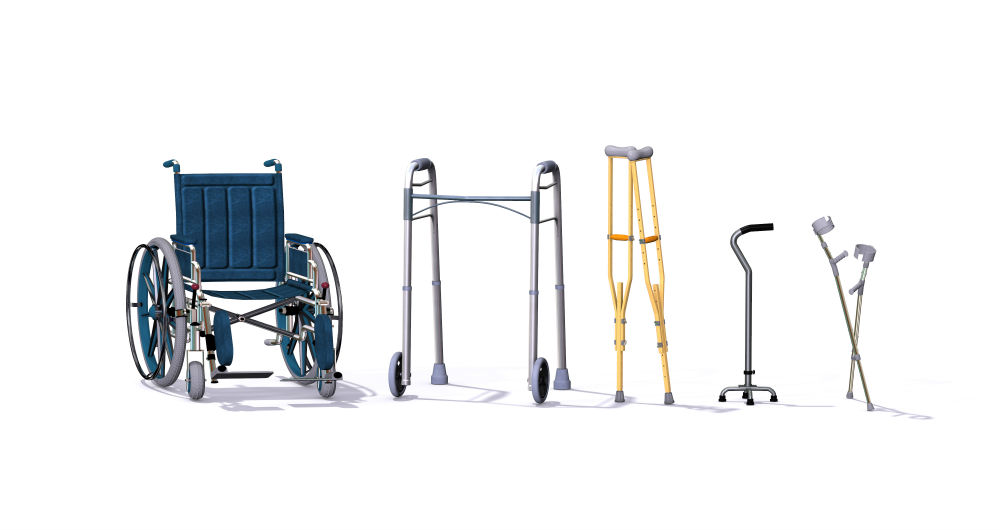Ontario’s new human rights policy provides guidance about the role of medical documentation in accommodation


By Stuart Rudner and Nadia Zaman (associate at Rudner MacDonald LLP)
There has been significant confusion about the type and scope of medical information that needs to be provided in support of a request for accommodation. On the one hand, employers often mistakenly think they are entitled to an employee’s entire medical file, or at the very least, the diagnosis. On the other hand, employees often assume that their right to privacy means they can request disability-related accommodation without providing any supporting medical documentation whatsoever.
As we all know, employers are required to accommodate individuals to the point of “undue hardship” where the need for accommodation relates to a ground protected by human rights legislation, such as disability. Any request for accommodation must be supported by appropriate documentation, but in many cases, the parties cannot agree on what that means.
The Ontario Human Rights Commission recently released its newly updated Policy on ableism and discrimination based on disability which includes important guidance on the medical documentation to be provided when a disability-related accommodation request has been made. This policy confirms the advice we routinely give our clients, and is a good reminder to both employers and employees regarding their obligations in the accommodation process.
Both parties must remember that the accommodation process is to be a two-way dialogue. Employees must participate in the accommodation process by providing sufficient information so their employer can make an informed decision about appropriate accommodations and how they can be meaningfully implemented. Employers, in fulfilling their duty to accommodate, should limit requests for information to those that intrude on the employee’s privacy as little as possible while providing sufficient information to understand the nature of the functional limitations associated with the employee’s disability.
Medical information should focus on ‘functional limitations’
Section 8.7 of the policy, titled "Medical information to be provided", sets out detailed guidance regarding the type and scope of medical information to be provided to support an accommodation request. This information should include:
- that the person has a disability
- the limitations or needs associated with the disability
- whether the person can perform the essential duties or requirements of the job, with or without accommodation
- the type of accommodation(s) that may be needed to allow the person to fulfill the essential duties or requirements of the job
- regular updates about when the person expects to come back to work, if they are on leave.
The policy is clear that the focus should always be on the “functional limitations” associated with the disability, not the diagnosis.
Information requested must be the least intrusive of privacy
If the employer needs more information about a person’s disability to make an informed decision about the accommodation, the information requested must be the least intrusive of the person’s privacy.
When implementing appropriate disability-related accommodations, the employer does not have the right to know a person’s confidential medical information, such as the cause of the disability, diagnosis, symptoms or treatment, unless these clearly relate to the accommodation being sought, or the person’s needs are complex or unclear and more information is needed in order to meaningfully implement such accommodation.
Best practices: Importance of policy and process
It is crucial to have an accommodation policy and process. As we have written recently, in responding to requests for accommodation, employers would be well-advised to adopt the following practice tips:
- Have one process for responding to all requests for accommodation, even those that may seem unconventional (such as medical marijuana or childcare obligations). The process should be a two-way dialogue between the employer and the employee (and a three-way dialogue if a union is involved). Maintain communication with the employee throughout the process.
- Do not dismiss any requests out of hand.
- Require appropriate information, including medical documentation if applicable, speaking directly to the employee’s ability to do the job. Do not request specific diagnosis, information irrelevant to job duties, or the entire medical file. Requests for information should be justifiable.
- Research and educate yourself. Work with the employee to understand the needs and limitations, and how the ground intersects with job duties. Do not stereotype.
- Assess whether there is a legitimate need for accommodation.
- Consider options for accommodation. Employees are not entitled to their preferred form of accommodation; employers are entitled to ascertain what options are available, and choose a reasonable option. In considering whether accommodation would cause undue hardship, and in comparing available options, employers can consider the cost, outside sources of funding, and health and safety requirements of the job (if any). Remember, some hardship is acceptable.
- Document all considerations and assessments. This will help prove that you have taken every step up to the point of undue hardship, and as a result, you will be in a much stronger position to defend a discrimination claim.
- If you cannot accommodate without undue hardship, clearly explain this to the employee and be prepared to show why this is the case.
- Maintain confidentiality.
- Monitor and adjust the steps taken, as the employee’s needs or the employer’s circumstances might change over time.
By releasing this policy, the commission recognized that some clarity was needed to alleviate the confusion regarding the medical information that needs to be provided for disability-related accommodation requests. The guidance provided is significant – insufficient medical information can prevent people with disabilities from receiving the accommodation they legitimately need, while overly broad requests for confidential medical information (such as diagnosis) can undermine the dignity and privacy of people with disabilities.
The policy achieves a balance between the rights and obligations of both employers and employees by ensuring that employers have the information they need to make an informed decision about accommodation while protecting the employee’s rights to privacy and dignity.




